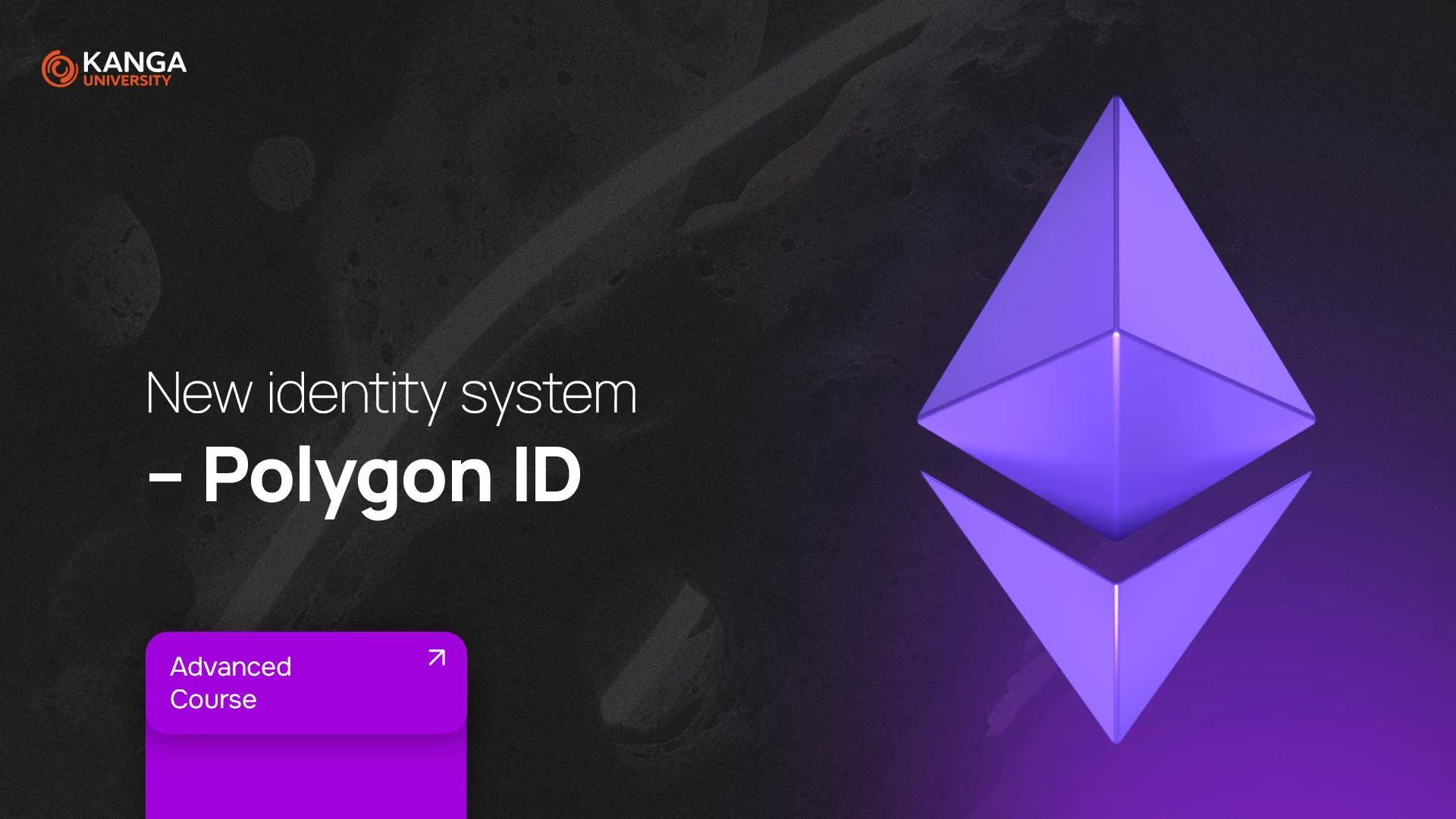
Imagine proving your identity online — without sharing your name, ID number, or uploading a passport scan.
That’s exactly what Polygon ID makes possible.
Launched in 2022 by the team behind Polygon, this tool could completely transform how we manage identity and privacy in the decentralized internet — also known as Web3.
What Is Polygon ID, and Why Does It Matter?
Polygon ID is a blockchain-based identity system that uses Zero-Knowledge Proof (ZKP) technology. It lets users verify who they are or what they’re allowed to do without revealing any personal data.
Instead of sharing your full identity, you prove a specific claim — like being over 18 or a citizen of a certain country — without exposing the underlying details.
It’s like saying, “Trust me, I qualify” — and being believed, thanks to cryptography.
How Does It Work?
Polygon ID is built on advanced, open-source protocols like Iden3 and Circom 2.0. It uses Zero-Knowledge Proofs (ZKPs) — a technology that lets you prove a statement is true without revealing how or why.
A real-life example:
You want to access a platform that requires you to be 18+. Instead of uploading your ID, you use Polygon ID to prove your age without showing your birthdate.
The system includes:
-
Polygon ID Wallet – your personal identity vault.
-
Polygon ID Connect – a tool that apps use to verify users.
-
zkProof Request Language – the language that defines what attributes need verification (e.g., age, citizenship, role).
You stay in control — no central authority, no unnecessary data shared.
Will It Replace KYC?
Not yet — but it offers a safer, decentralized alternative.
Traditional KYC (Know Your Customer) processes require users to share sensitive documents like ID cards or passports. That:
-
compromises privacy,
-
increases risk of identity theft,
-
and often discourages users from engaging with crypto platforms.
With Polygon ID, the verification happens on-chain and without intermediaries.
You prove what’s needed, and nothing more.
Where Can Polygon ID Be Used?
The potential use cases are huge. Polygon ID can power:
-
Decentralized logins — no emails or passwords needed.
-
Age and citizenship verification — without exposing identity.
-
DAO voting — secure and anonymous.
-
P2P messaging — resistant to censorship.
-
Gaming profiles in Web3 — portable, provable, and unique.
-
Access-as-a-Service models — where proof, not identity, grants permission.
It’s not just a privacy tool — it’s a foundation for how trust will work in the next phase of the internet.
Why Is This Revolutionary?
Because privacy becomes the default, not a luxury.
In today’s internet, we’re constantly giving up our data to prove who we are. Polygon ID flips the script — you own your identity, and you choose what (and when) to share.
It’s decentralized, secure, and user-first.
What About MATIC?
Polygon’s native token, MATIC, powers the network where Polygon ID operates.
Will the growth of Polygon ID increase MATIC’s value? Possibly — if adoption scales. As more apps and users embrace Polygon ID, demand for the ecosystem may grow. But like with all crypto assets, price movements depend on many factors, including broader market trends.
As of April 2025, MATIC remains one of the top Layer 2 tokens for Ethereum — and one to watch as the identity space evolves.
Summary
Polygon ID represents a major step forward for digital identity in Web3.
It uses Zero-Knowledge Proofs to give users control over their personal data — letting them verify their rights, access, or identity without exposing sensitive information.
Why it matters:
-
Puts identity back in the hands of the user
-
Offers a privacy-first solution to KYC requirements
-
Opens the door to safer, smarter applications in Web3
Polygon ID may not be the only solution out there, but right now, it’s one of the most advanced. And it’s helping shape what digital trust looks like in the years ahead.